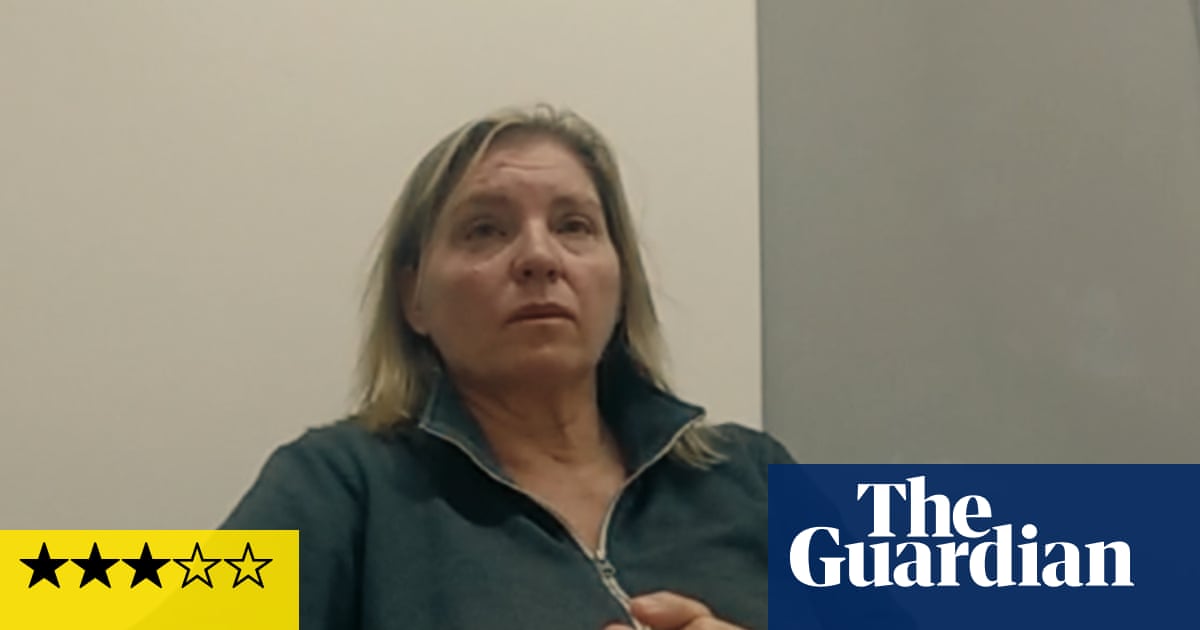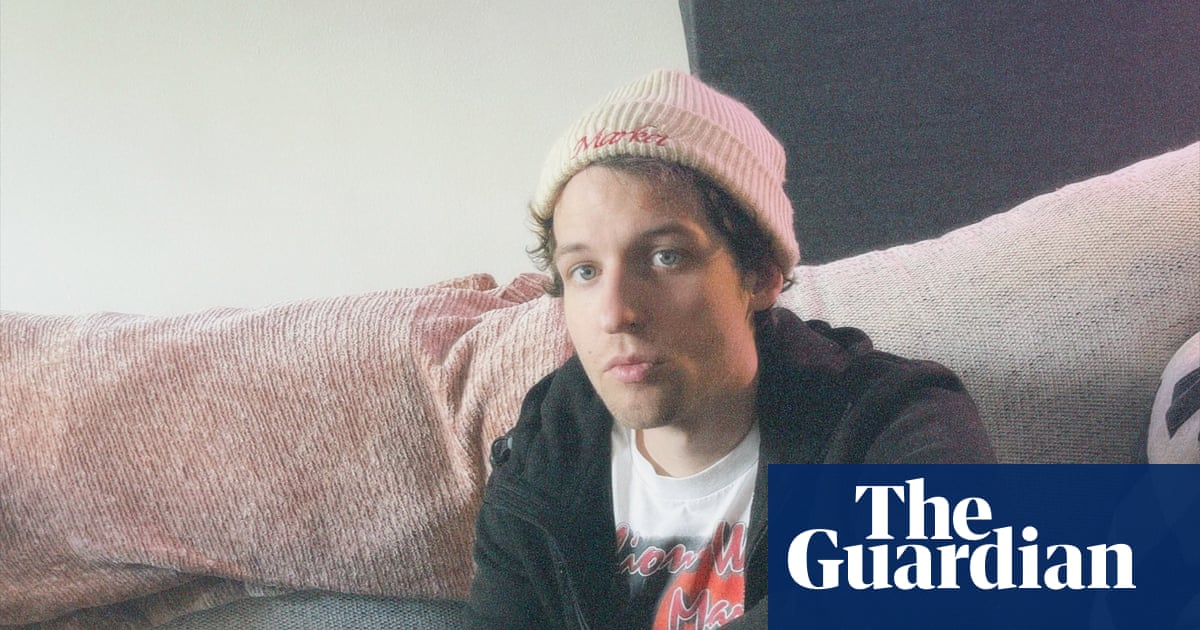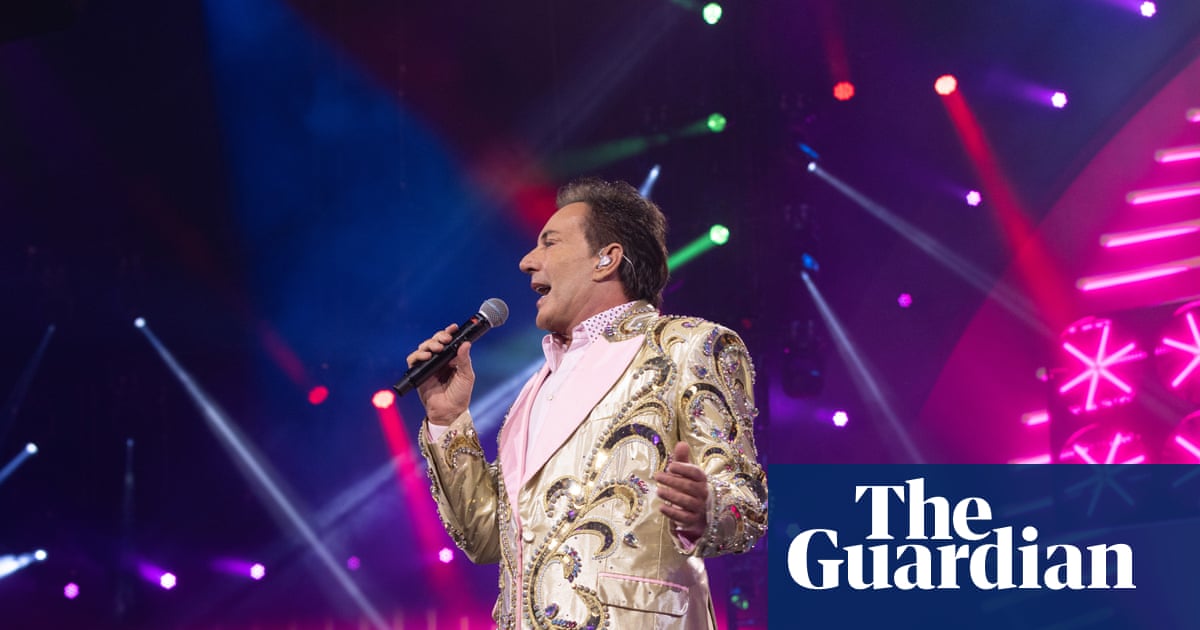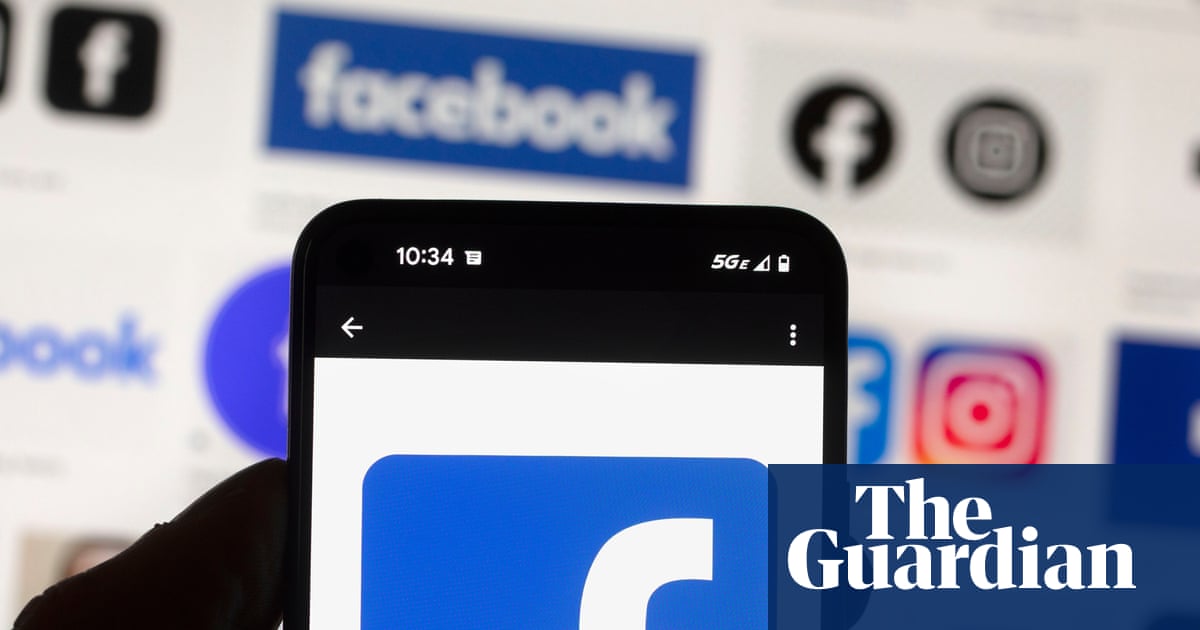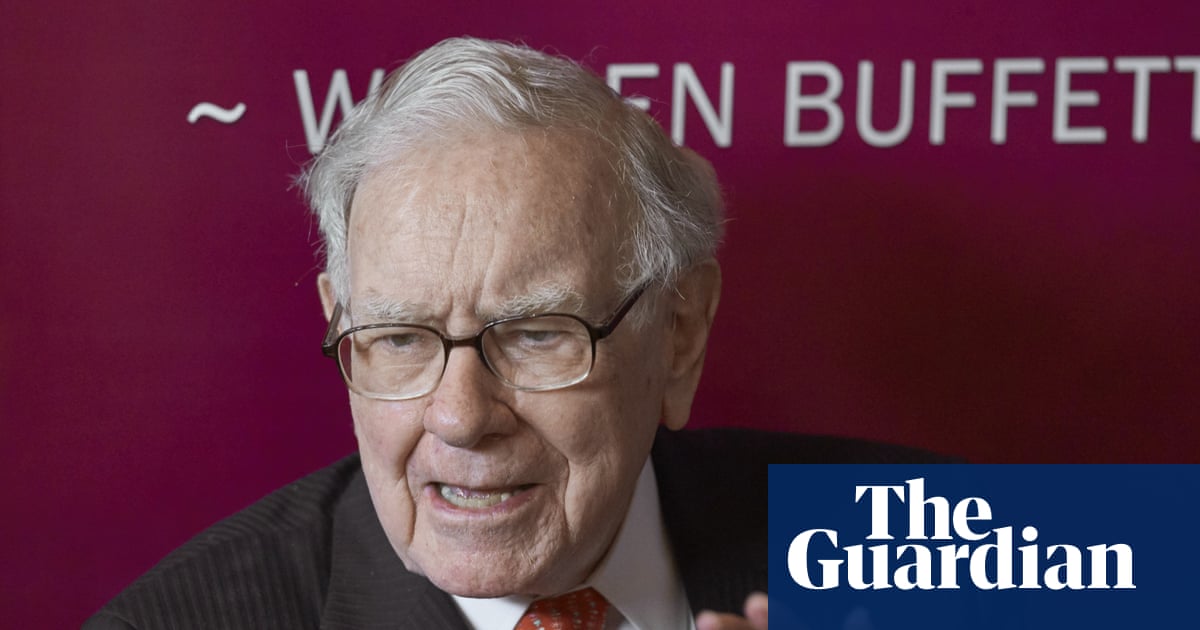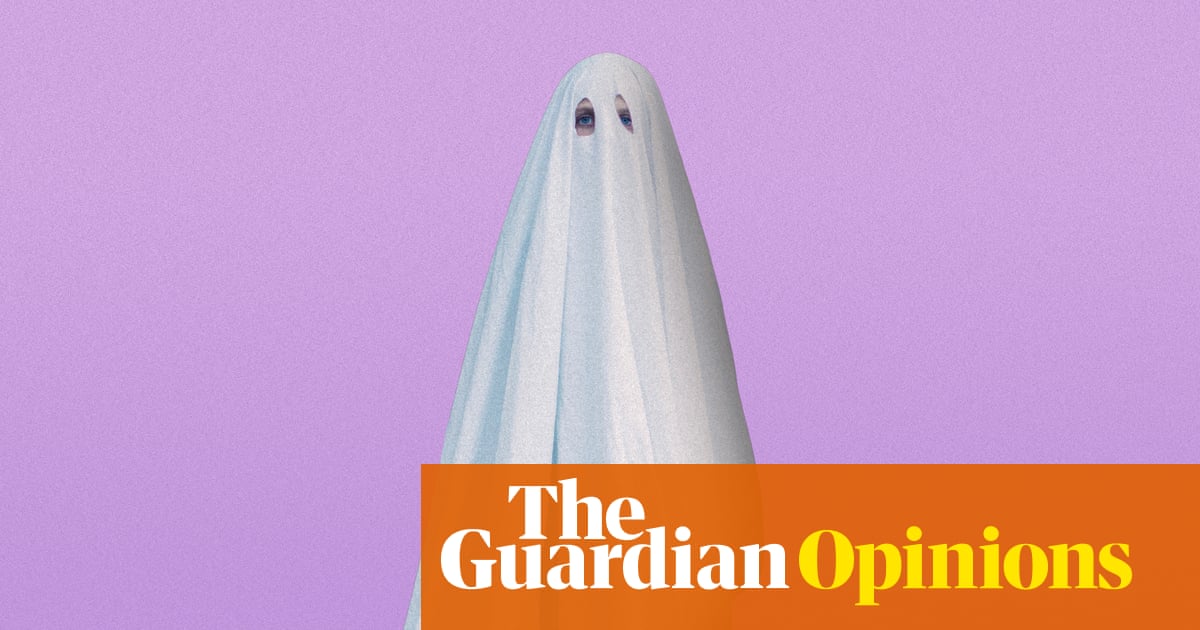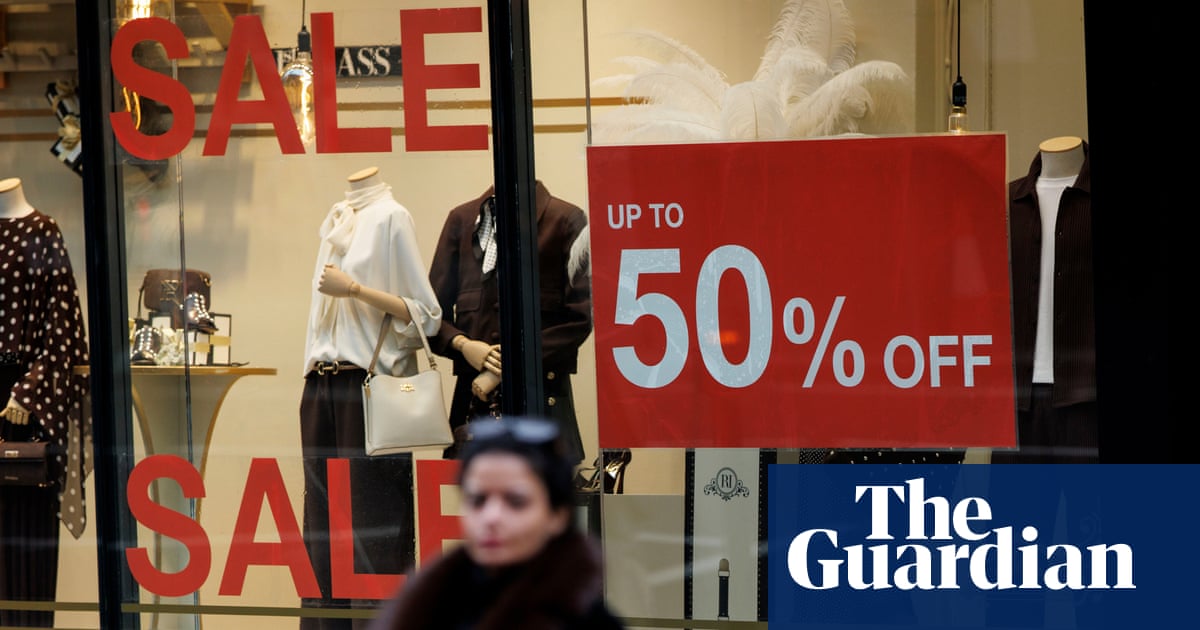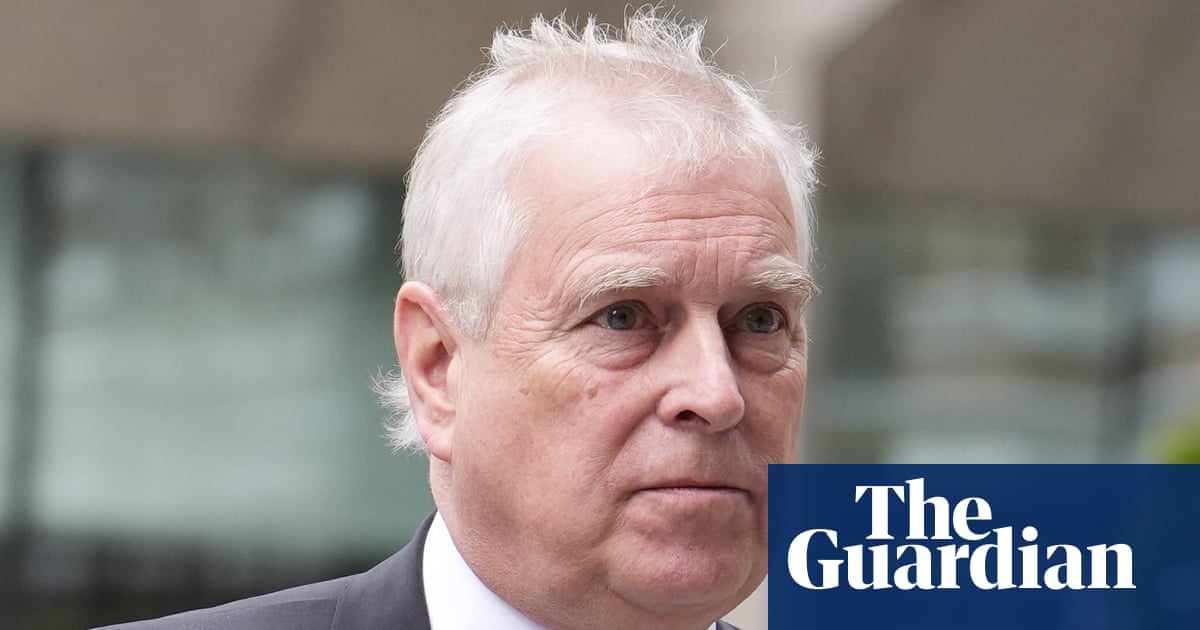I don’t want to reheat Sarah Pochin’s remarks about Black and Asian people on TV, and I don’t want to situate the Reform MP within the new political spaces where it’s acceptable to prefer the sight of faces that are white to those that are not white. I don’t want to ruminate on whether it’s better or worse to say these things on a TalkTV phone-in than at a private dinner. I don’t want to speculate on why shadow home secretary Chris Philp was happy to tell Laura Kuenssberg on Sunday that he wouldn’t have used Pochin’s “language”, yet was unable to call her racist. (He later told Times Radio: “Yes, it was racist.”) I don’t want to wonder which bits of the language he wouldn’t have used, if not for the racist bits. I don’t want to dive into the new bigot-ology – like Kremlinology, only less rewarding – where smart liberal minds apply themselves to what kind of advantage Conservatives and Reform MPs might seek, when they nudge right up to race hate then back away at the last minute, squirming in the margin of space they’ve created for themselves with their meaningless caveats. I don’t want to go near any of this bad-faith slurry, but the problem with racists is that if you ignore them, they don’t go away.
It feels like decades now, because it is, that we’ve spent discussing just how racist you’re allowed to be in public before you get “cancelled”. Since Michael Howard’s “are you thinking what we’re thinking?” election campaign in 2005, with its whiny, arse-covering rider – “it’s not racist to impose limits on immigration” – doing nothing to alter its poisonous innuendo (“are you secretly thinking people of colour are not as good? Shhh, don’t say it, just join our warm, silent embrace”), we’ve been pointlessly engaging on what the angry people aren’t allowed to say. If cancellation worked, how come getting cancelled is often so lucrative? Since when did we all have to start demonising migrants to prove we’re listening to “legitimate concerns”? How is it that calling someone racist is now more verboten than being racist?
This is all the free speech debate ever was: a battle to establish the worst possible thing we could say about one another. Can I say you don’t belong? Can I say you don’t exist? Can I say you give me the ick when I see you on the telly? Can I say there are too many of you in Birmingham? If you ask me to stop thinking it, you’re the thought police. If you ask me to think it but not say it, you risk my wrath, which you’ll pay for at the ballot box. Just do yourself a favour and surrender to the new normal, in which nastiness is the highest value. Freedom of speech is an absolute liberty: it either trumps everything or it means nothing. And nobody ever needed freedom of speech to say something nice.
The debate is always changing its focus. It can camp for months on the issue of whether Graham Linehan is right to publicly obsess about trans people, then suddenly move to Elon Musk’s God-given right to call for a civil war in the UK, but free speech’s subject is always the same: it only wants to talk about itself. While we roll around in the mud with this pig, we never check back in with what we used to expect from “unfree” speech: debate whose purpose was other than to demean and insult one another.
Discourse that is conducted through a prism of civility, rather than freedom, has a lot of generosity in it. People want to share their expertise, they want to represent their perspective persuasively, they’re open, they’re often thoughtful or funny. You know you’re debating a thing, rather than the freedom or otherwise to say the thing, because there’s a lot of love in the room. And that isn’t because you all agree; it’s because it’s not possible to meaningfully communicate – say what you mean, listen to others – without generating warmth.
While we wrangle over whether Pochin represents the rock bottom of racist language, or whether there’s still more-racist she could have been, some warped idea of fair-mindedness chases us into a cul-de-sac of self-doubt. Free speech as a device has mashed all opinion into one qualitative mulch, in which nobody has the right to say any view is any more interesting, more generative, more authentic or more enriching than any other. But we can see that this is wrong; we can see that racism is worthless. This is the real cost of the free speech debate – so distracted by what is and isn’t permissible, we’ve forgotten how to state the bleeding obvious.
Zoe Williams is a Guardian columnist

 2 months ago
70
2 months ago
70
